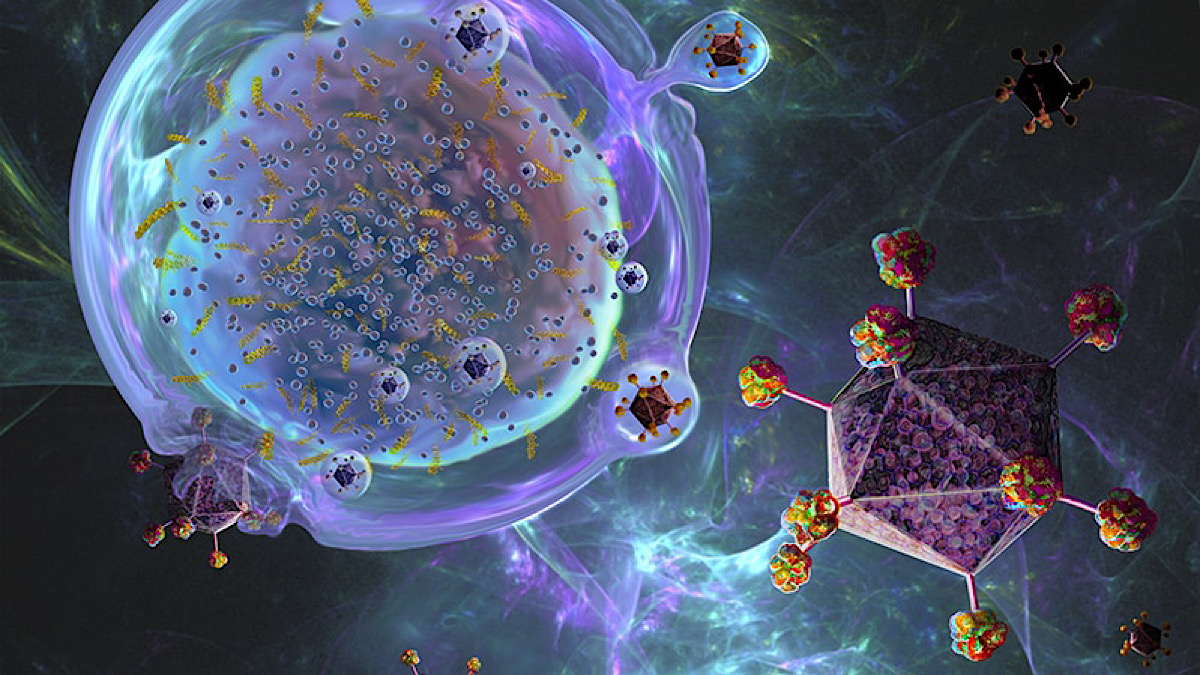Biomedical engineer Daniel Heller leads the Cancer Nanomedicine Laboratory at MSK.
Researchers at Memorial Sloan Kettering Cancer Center (MSK) have developed a sensor that can be trained to sniff for cancer, with the help of artificial intelligence.
Although the training doesn’t work the same way one trains a police dog to sniff for explosives or drugs, the sensor has some similarity to how the nose works. The nose can detect more than a trillion different scents, even though it has just a few hundred types of olfactory receptors. The pattern of which odor molecules bind to which receptors creates a kind of molecular signature that the brain uses to recognize a scent.
Like the nose, the cancer detection technology uses an array of multiple sensors to detect a molecular signature of the disease. Instead of the signals going to the brain, they are interpreted by machine learning — a type of computer artificial intelligence.
MSK researchers led by Kravis WiSE Postdoctoral Fellow Mijin Kim and biomedical engineer Daniel Heller, head of the Cancer Nanomedicine Laboratory at MSK, built the technology using an array of sensors composed of carbon nanotubes. Carbon nanotubes are tiny tubes, nearly 100,000 times smaller than the width of a human hair. They are fluorescent, and the light they give off is very sensitive to minute interactions with molecules in their environment.
Each nanotube sensor can detect many different molecules in a blood sample. By combining the many responses of the sensors, the technology creates a unique fluorescent pattern. The pattern can then be recognized by a machine-learning algorithm that has been trained to identify the difference between a cancer fingerprint and a normal one.
In experiments conducted on blood samples obtained from patients with ovarian cancer, the researchers found that their nanosensor detected ovarian cancer more accurately than currently available biomarker tests. (A biomarker is a particular chemical produced by tumors and spread through the blood circulation that indicates the presence of disease. In this case, the biomarker tests were ones for the ovarian cancer-related proteins CA125, HE4, and YKL40.)
The hope for patients is that researchers will develop the technology further so that it can eventually be used in the clinic to rapidly screen for early-stage ovarian cancer and many other cancers.Molecular Pharmacology ProgramOur research program serves as a conduit for bringing basic science discoveries to preclinical and clinical evaluation.
Continue reading… “A Sensor Sniffs for Cancer, Using Artificial Intelligence”













